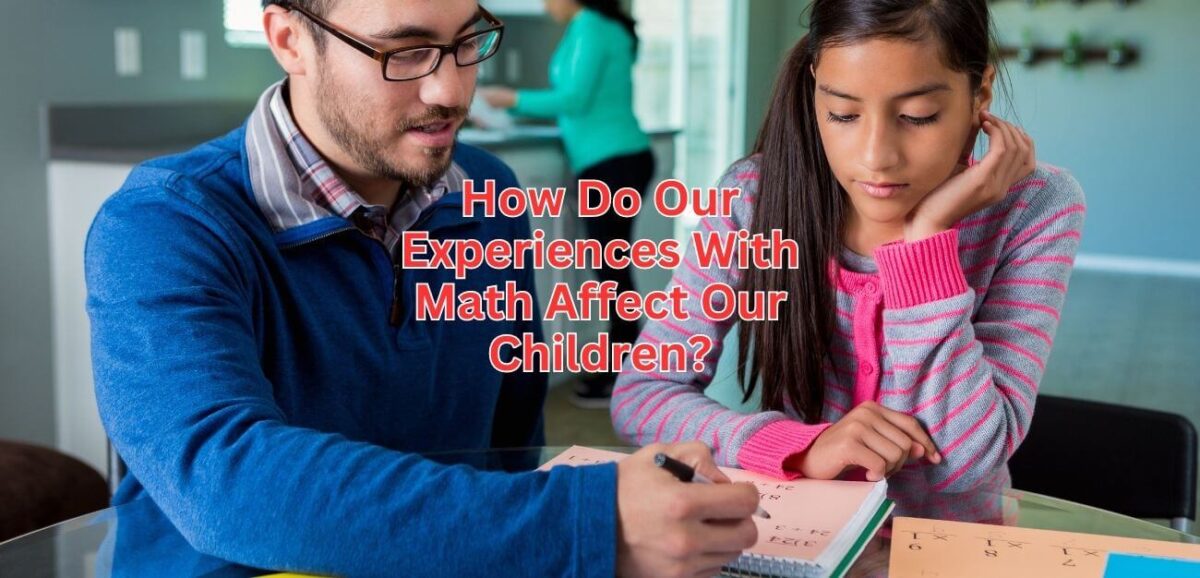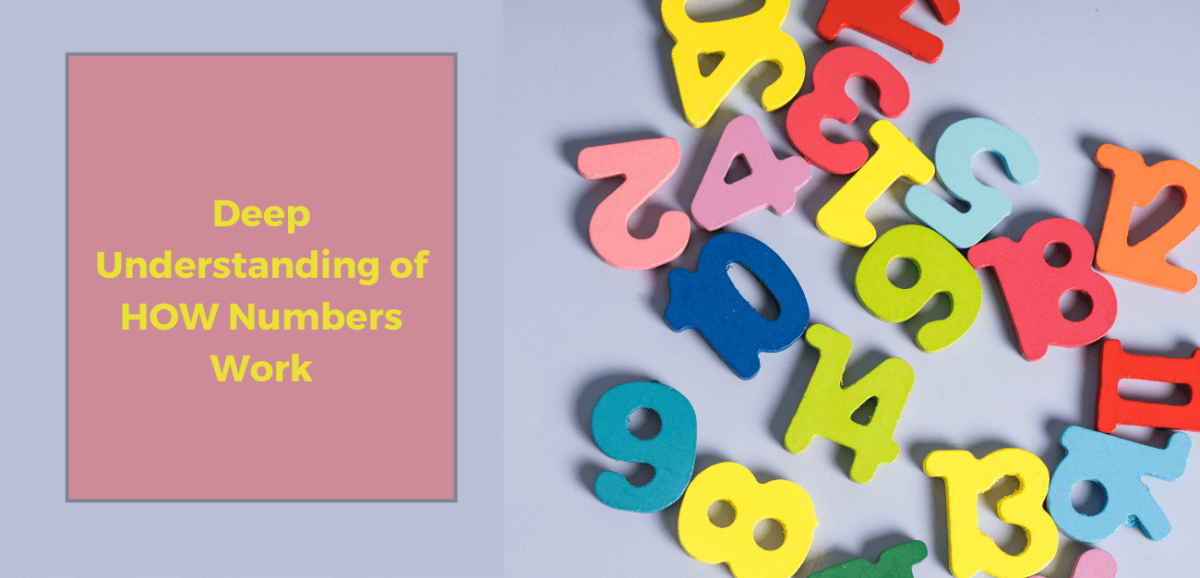When it comes to learning environments, one size may not fit all. Parents need to have an understanding of the various learning settings available for their children so they can choose the best option for each child. For some families, a combined grade classroom may be the perfect fit. This blog post will discuss a […]










